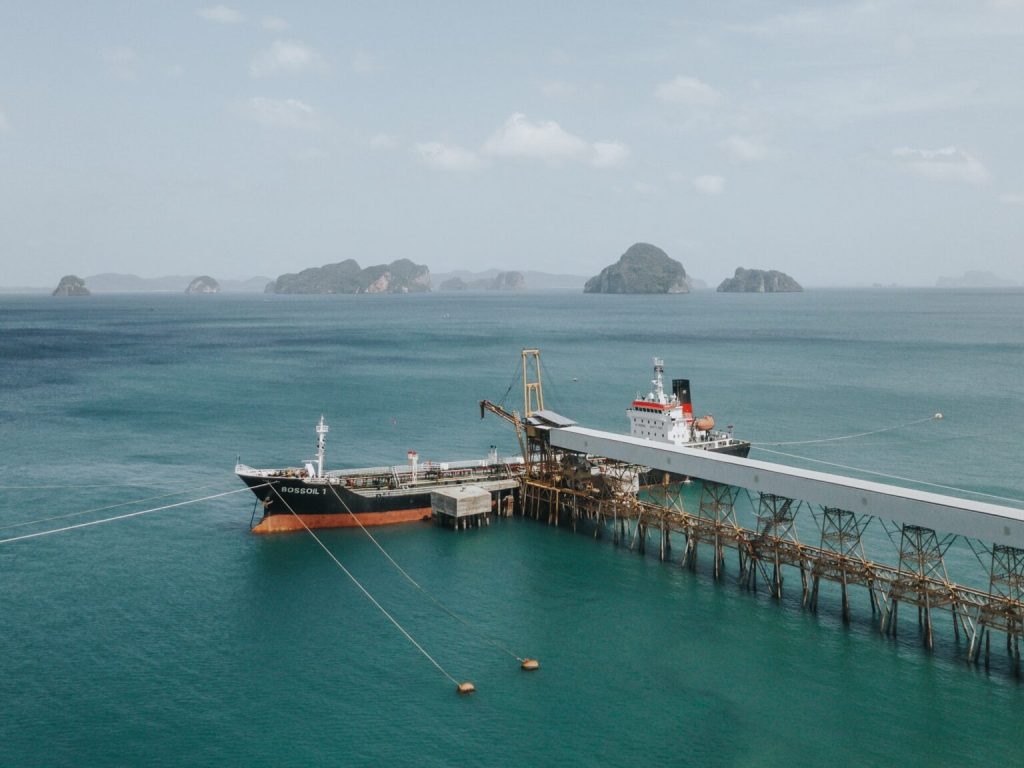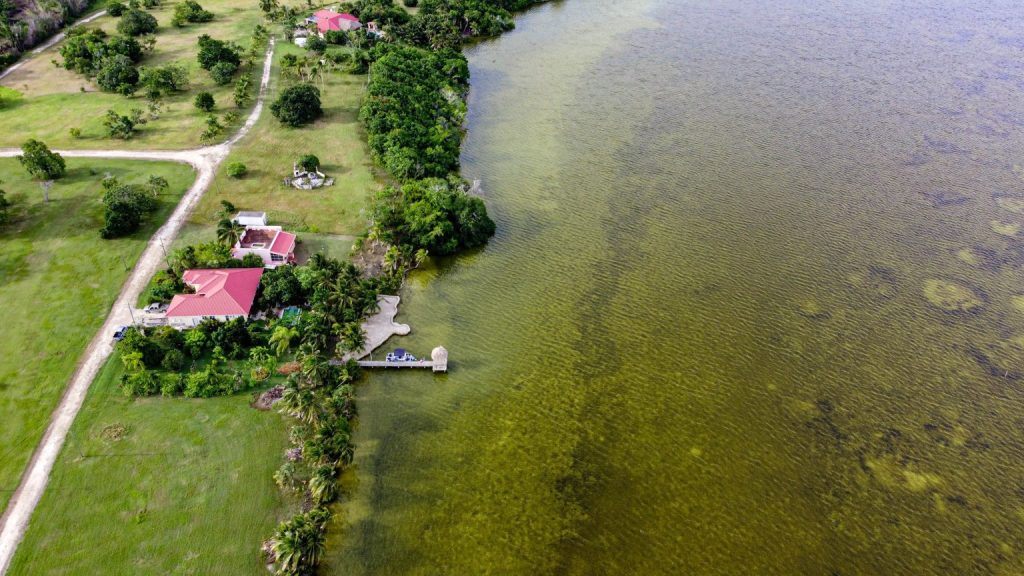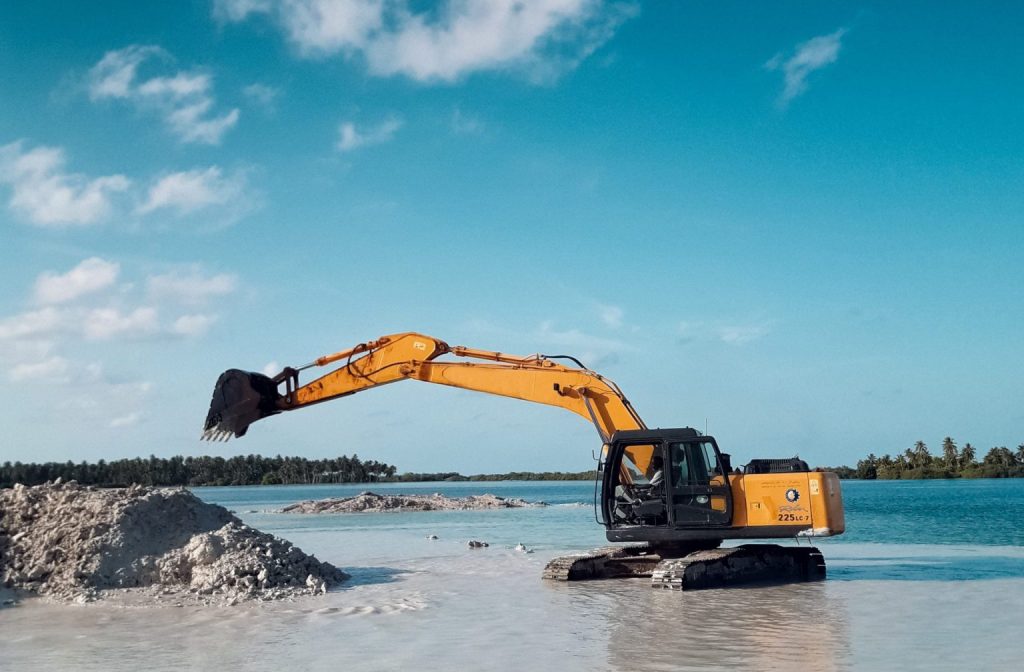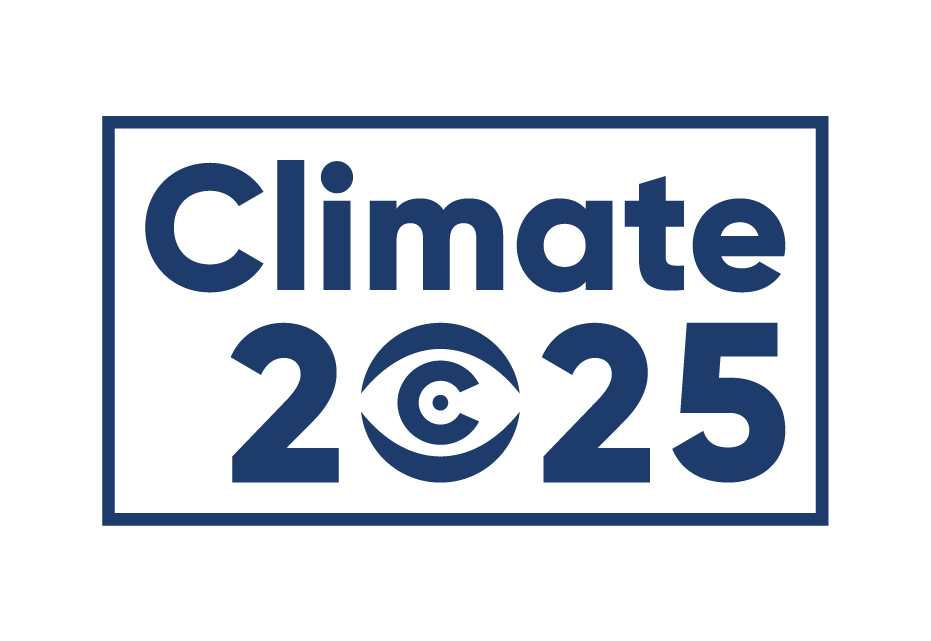Safeguarding Decades of Development: The International Monetary Fund’s Role in Addressing Loss and Damage

Climate-induced loss and damage can affect the macroeconomic health and general well-being of climate vulnerable economies, rolling back decades of development gains. For members of the Vulnerable 20 Group of Finance Ministers (V20) alone, climate-induced losses amounted to 20 percent of their gross domestic product (GDP) over the last two decades. The United Nations Framework […]
Cooperating to Address Climate Change with Pricing and Non-Pricing Measures

The world needs more ambitious collective policy actions to reach net-zero emissions by 2050. The International Monetary Fund (IMF) proposes internationally coordinated carbon price floors – adjusted to levels of development – as ideal climate mitigation instruments. In reality, the implementation of explicit carbon pricing systems at required levels and scale have been limited. A new […]
Meeting the Moment: The IMF, Debt-For-Climate Swaps and Development

The level of debt distress among emerging market and developing economies (EMDEs) has been a concern even before the COVID-19 pandemic, and there is now a burgeoning consensus that a full-blown debt crisis may loom on the horizon. Even without a widespread crisis, the increasing number of countries who are losing their fiscal space jeopardizes […]
The Fiscal Implications of Climate Transitions: The Importance of IMF Surveillance

The fiscal implications of managing climate transitions are significant, especially considering fossil fuels are a major source of revenue for many countries. Furthermore, the revenue raised from carbon pricing, which has proven to be politically difficult to enact, may be insufficient to finance or incentivize the low-carbon transition. This means the International Monetary Fund (IMF), […]
Transition Spillover Risks and IMF Surveillance on Climate Change: Implications for Developing Countries

Climate change policies that occur in one nation can have significant macro-critical implications in other countries, but to date, there has been limited attention to transition spillover risks in the world economy. A new policy brief from the Task Force on Climate, Development and the International Monetary Fund seeks to address this knowledge gap. It […]
Designing a Resilience and Sustainability Trust: A Development-Centered Approach

In 2021, the International Monetary Fund (IMF) issued a historic allocation of Special Drawing Rights (SDRs) equivalent to $650 billion. These supplementary international reserve assets were allocated to help meet the liquidity bottlenecks facing many countries due to the COVID-19 pandemic. However, because of the IMF’s quota-based decision-making structure, SDRs primarily flowed to more advanced […]
Re-channeling Special Drawing Rights for a Climate Resilient and Just Transition: Prospects for a Resilience and Sustainability Trust

In a historic breakthrough for the multilateral system, the International Monetary Fund (IMF) approved the global allocation of $650 billion in Special Drawing Rights (SDRs)—the international reserve asset issued by the IMF—to support liquidity and foster the resilience of the global economy in the wake of the COVID-19 pandemic. While unprecedented in its scope, this […]


